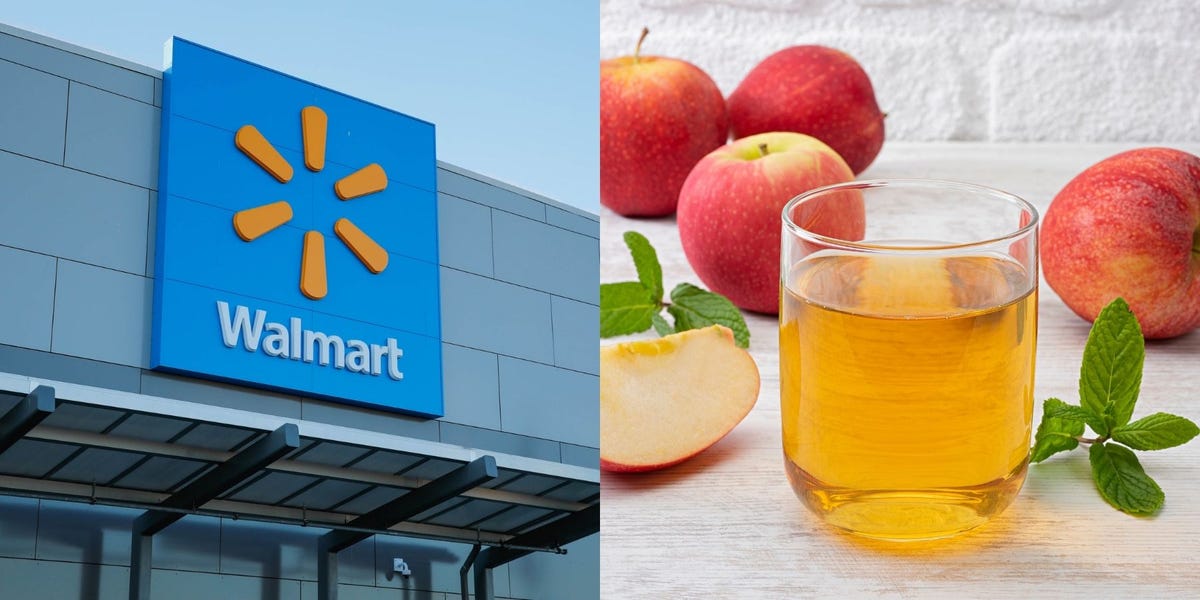If you’ve ever picked up a bag of
coffee from Starbucks, you’ve likely noticed that printed on the bag is a statement that reads, “committed to 100% ethical coffee sourcing.” The coffee brand has been adamant about its ethical sourcing over the years, but according to a recent lawsuit, these claims are nothing more than false advertising.
The lawsuit, filed in Washington D.C. by the National Consumers League, claims that consumers have been mislead into believing that the coffee and tea products they purchase from Starbucks are 100 percent ethical. NBC News reports that the group went on to accuse the company of using suppliers with “documented, severe human rights and labor abuses.”
“On every bag of coffee and box of K-cups that Starbucks sells, Starbucks is heralding its commitment to 100% ethical sourcing,” said Sally Greenberg, CEO of the National Consumers League, in a statement. “But it’s pretty clear that there are significant human rights and labor abuses across Starbucks’ supply chain.”
The lawsuit says that Starbucks allegedly purchased coffee and tea from farms in Guatemala, Kenya, and Brazil despite there being reports of human rights and labor abuses at those farms.
In a statement provided to NBC News from Starbucks, the company disclosed that it takes the allegations “extremely seriously.” They also detailed the process their suppliers undergo. “Each supply chain is required to undergo reverification regularly and we remain committed to working with our business partners to meet the expectations detailed in our Global Human Rights Statement,” the statement read.
This lawsuit isn’t the first time a consumer advocacy group has targeted Starbucks this year. Earlier this month, the Seattle-based Washington Consumer Protection Coalition accused the popular coffee shop of rigging its payment system to increase profits by nearly $900 million. In response to those accusations, Starbucks did announce that they’re “committed to working with the State of Washington to ensure it remains in compliance with all state laws and regulations.”



















Leave a Reply